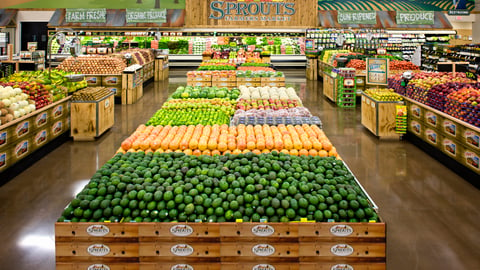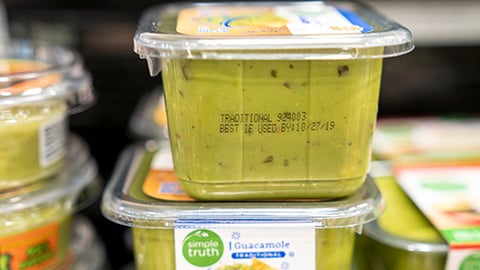Private-Brand Sales Growth Doubles That of CPGs
IRI’s Q3 2019 "Consumer Connect" report has found that U.S. consumers are buying more private label goods across ages and demographics, and have shifted their attitudes and behaviors regarding private goods.
While the report showed private label sales decelerated from the nearly 6% pop it saw in 2018, private label sales did increase by nearly 4% in 2019, a number even more impressive when factoring in that CPG sales only increased by about 2%, the study showed.
The consumer survey reported that 99.9% of shoppers buy store brands today, flowing into more than 124 million households throughout 2019. The research found that private label is particularly strong among younger shoppers and mid- to lower-income shoppers.
Key to the report was that consumers continued to buy private label goods during a time when they felt financially stable. The study showed that 57% of respondents feel their household’s financial health is in good shape. Looking at groceries alone, only households making less than $35,000 annually felt it was a struggle to buy groceries during 2019, and of that group, only 54% felt that way.
The study did find that more consumers are looking to save money in the event that there’s an economic downturn, with 42% of respondents growing their savings in the past six months, a measurement four points higher than last year.
Store brands are also having a strong influence on where shoppers choose to shop, according to the study, with mass, club/warehouse, specialty grocery and traditional grocery channels all seeing double-digit growth from respondents compared with 2016, when asked if private brands influence their store decision. The specialty grocery channel led the way, with 67% of consumers saying private brands influence their decision to shop a store, a leap by 25 points compared with 2016.
“While shoppers across generations and income groups in 2019 are undoubtedly more price conscious, they are turning to private label because of their positive perceptions of the value,” said Joan Driggs, VP of content and thought leadership at Chicago-based IRI. “Shoppers are buying private brands because it makes them feel good to save money without sacrificing taste, selection or quality. The improved consumer perception of private label value is having a growing influence on store choice, with many leading retailers offering premium private label selections.”
One area in which the study showed that private goods need an upgrade was in packaging, with nearly 20% of respondents saying the packaging makes the product look like it’s of lesser quality than the national counterpart.
A dive into specific categories revealed that nonedible departments are showing little growth, while the frozen and beverage categories are outpacing total category and national brand sales, the study found.






